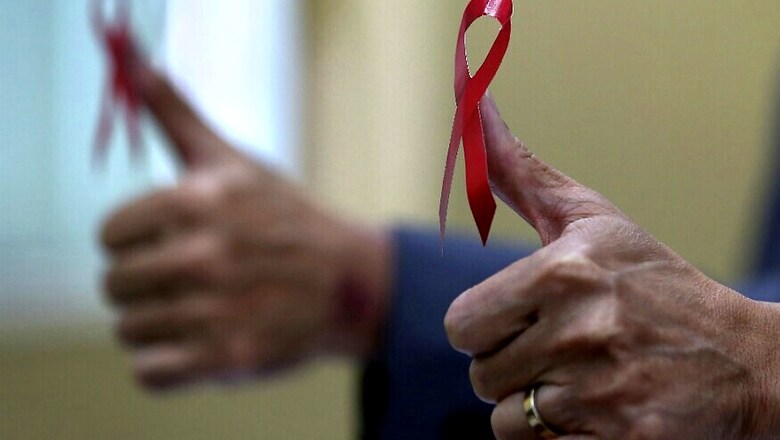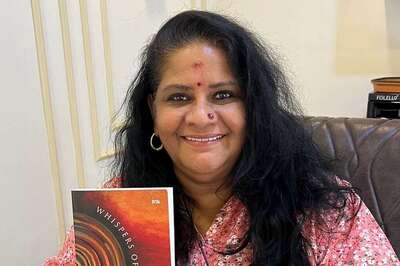
views
New Delhi: A group of HIV-infected persons has appealed to Prime Minister Narendra Modi to include them in the Centre's flagship health protection scheme -- Ayushman Bharat.
The Ayushman Bharat - Pradhan Mantri Jan Arogya Yojna aims to provide a coverage of Rs five lakh per family annually, benefiting more than 10 crore poor families for secondary and tertiary care hospitalisation.
Brijesh Dubey, the chairman of Global Alliance for Human Rights (GAHR), Jaipur, said more than 500 HIV-positive people wish to meet the prime minister and submit a plea in this regard.
"It is needless to mention that the people living with HIV/AIDS (PLHIV) in India are undergoing a high degree of stigma, discrimination and isolation in society. Many of us are dying due to unaffordable treatment, especially during the shortage of drugs.
"Often, doctors deny us treatment and do not conduct surgeries because of the stigma associated with HIV/AIDS and because PLHIVs can't afford to pay. So, we want to request the prime minister to include us in the Ayushman Bharat Yojana," he said.
Anjali Gopalan from Naz Foundation, an NGO working for health rights, hoped that PLHIVs are included in all government schemes including Ayushman Bharat and that the prime minister will consider their request favourably.
Vrinda, a PLHIV and a widow from Satara in Maharashtra, said, "I work as a community care coordinator in Satara anti-retroviral therapy (ART) centre. My salary is very low. I have three daughters and my in-laws don't support me. I have been staying separately."
"With this salary and three daughters to support, it has become almost impossible to survive. If an emergency arises, I have nowhere to go. I request that we are included in the Ayushman Bharat Yojana," she said.
Sumita from Kolhapur in Maharashtra, said, "I work at the ART Centre Care Coordinator. However, I face a lot of stigma and discrimination. Whenever I fall sick, OPD staff treat me as if I'm HIV positive. All other HIV patients are also treated. But for any surgery, we are turned away by hospitals. We face the same experiences with ART medicines also."



















Comments
0 comment